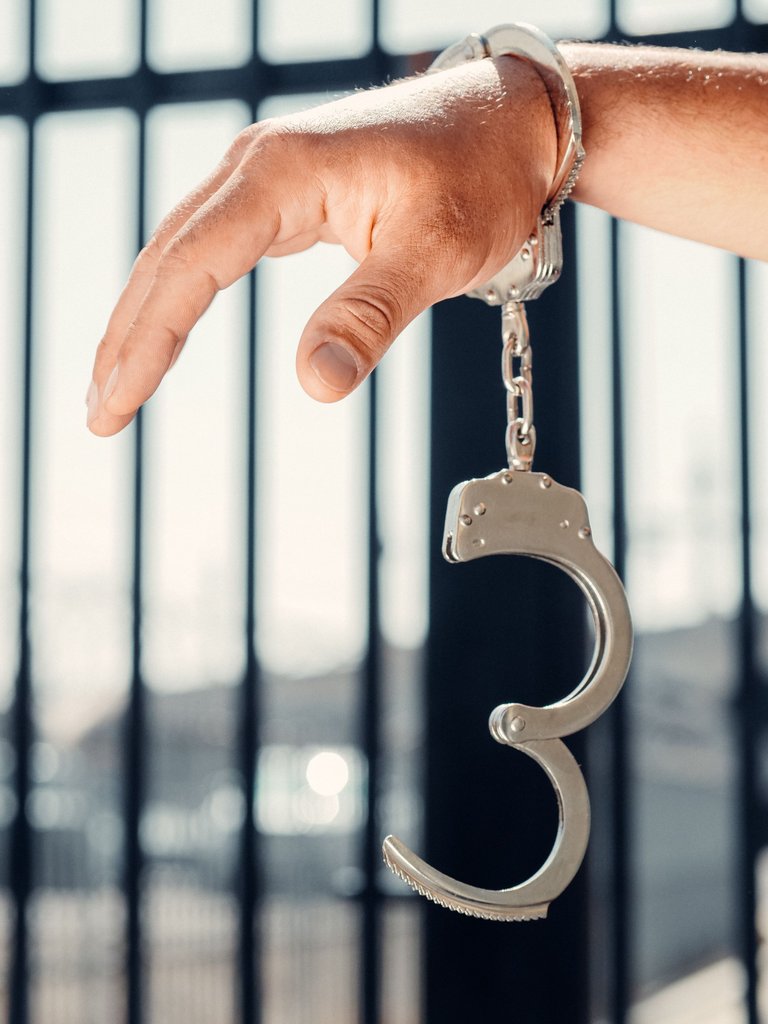Plagiarism is the unauthorized use or appropriation of another person's work. It is considered a form of cheating, and it can have serious legal consequences. Plagiarism can be classified into two categories: direct plagiarism and self-plagiarism. Direct plagiarism is the act of copying someone else's work without giving them credit. Self-plagiarism is the act of recycling your own work without giving yourself credit.
Is plagiarism a serious offence?
Plagiarism is the act of copying someone else's work and claiming it as your own. It is considered to be a serious offence in academic and professional circles, and can lead to severe consequences.
There are a few different types of plagiarism, including direct plagiarism, patchwork plagiarism, and self-plagiarism. Direct plagiarism is when you directly copy someone else's work without giving credit. Patchwork plagiarism is when you piece together different parts of different sources without giving credit. And self-plagiarism is when you reuse your own previously published work without giving credit.
Whether you're a student, a professional, or anyone else, it's important to be aware of the issue of plagiarism. If you're accused of plagiarism, it can have serious implications for your career and your reputation.
The legal consequences of plagiarism
Plagiarism is the act of using someone else's work or ideas without giving them credit. It is considered a form of intellectual property theft and is punishable by law in many countries.
The legal consequences of plagiarism can be very serious. In some cases, plagiarism may result in a civil lawsuit. The person who has been plagiarized may sue the person who committed the act for damages. In other cases, plagiarism may be a criminal offense. If a person is convicted of plagiarism, they may face fines and/or jail time.
While the legal consequences of plagiarism can be severe, the more troubling consequences are the ethical ones. Plagiarism is considered to be a form of cheating and is highly frowned upon in academic and professional circles. People who plagiarize may be subject to disciplinary action from their school or employer.
Plagiarism and the academic world
Plagiarism is a serious issue in the academic world. It is the act of using someone else's work or ideas without giving them credit. This can include copying and pasting from a website or online source, stealing a paper from a classmate, or even hiring someone to write your paper for you.
Plagiarism is not only dishonest, but it is also against the rules of most schools and colleges. If you are caught plagiarizing, you could face serious consequences, such as a failing grade, suspension, or even expulsion.
If you are working on an academic paper, be sure to use your own words and ideas. If you do use someone else's work, be sure to give them credit. Plagiarism is a serious issue and it is important to be honest and respectful of other people's work.
Can plagiarism be forgiven?
Can plagiarism be forgiven? This is a question that has been asked throughout history, and it is still a relevant question today. The answer is not a simple yes or no. Each case of plagiarism is unique, and the consequences can vary depending on the severity of the offense.
In some cases, plagiarism can be forgiven if the offender takes responsibility for their actions and makes attempts to correct the situation. However, in other cases, such as when plagiarism is done deliberately or on a large scale, the consequences can be more severe. Ultimately, whether or not plagiarism can be forgiven depends on the individual situation.
How to avoid plagiarism.
In an age where information is readily available at our fingertips, it is easy to commit plagiarism without even realizing it.
So how can you avoid plagiarism? The best way is to always give credit when you use someone else's work. If you're not sure whether or not you should give credit, err on the side of caution and do so anyway. When in doubt, you can also ask the original author for permission to use their work.
By following these simple guidelines, you can avoid plagiarism and keep your academic and professional reputation intact.
In All, Plagiarism can have severe consequences, both legal and academic. When plagiarism is detected, individuals may be subject to penalties such as fines, imprisonment, and expulsion from school. In addition, plagiarism can damage one's reputation and credibility. To avoid these penalties, it is important to always give credit where credit is due and to avoid using someone else's work without permission.
You can read more about plagiarism on the sources above.

Congratulations @rubymile! You have completed the following achievement on the Hive blockchain and have been rewarded with new badge(s):
Your next target is to reach 50 comments.
You can view your badges on your board and compare yourself to others in the Ranking
If you no longer want to receive notifications, reply to this comment with the word
STOPTo support your work, I also upvoted your post!
Check out the last post from @hivebuzz:
Support the HiveBuzz project. Vote for our proposal!
Your content has been voted as a part of Encouragement program. Keep up the good work!
Use Ecency daily to boost your growth on platform!
Support Ecency
Vote for new Proposal
Delegate HP and earn more